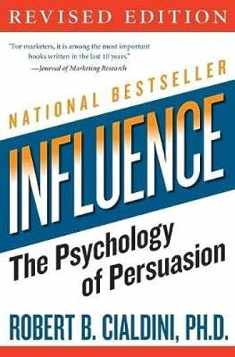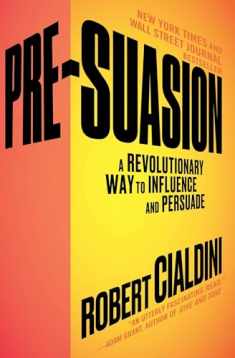
Media Psychology
Book details
Summary
Description
Media Psychology examines the impact that 21st century media use has on human behavior, from teenage crushes on pop stars to soap fandom in adulthood. It brings together North American communication research with European media research in a variety of disciplines--psychology, sociology, communication and media studies--and in doing so, maps out the territory for media psychology. David Giles argues that psychologists have been guilty of ignoring the influence of the media over the last century, seeing it at best as a minor nuisance that will eventually go away. However, with the increasing prevalence of new electronic forms of mass communication, the media seem to have a greater influence than ever over our daily lives.
In this book, Dr. Giles tackles the traditional topics of media psychology--sex, violence, advertising--along with sections on developmental aspects of media influence and the psychology of the audience. He also examines a number of specific media genres--news, sports, soaps, and the increasingly popular audience participation media, such as "reality" and "lifestyle" television. In addition, he asks what light psychology can shed on the popularity of these genres and the response of their audiences. Finally, there are chapters on the increasing influence of the Internet and on the representation of psychology and psychologists themselves in the media.


We would LOVE it if you could help us and other readers by reviewing the book
Book review





